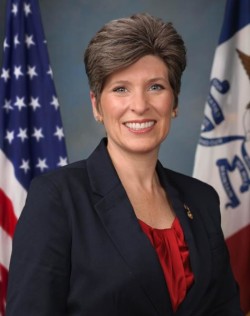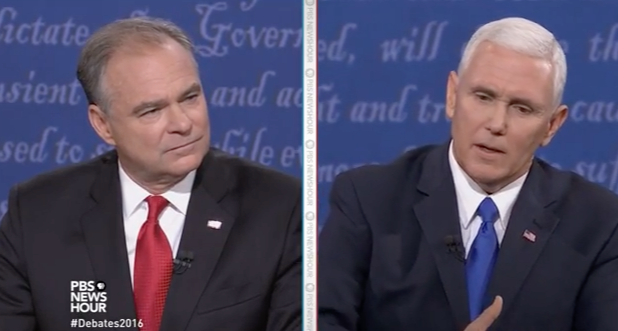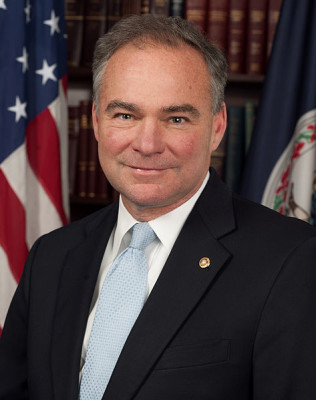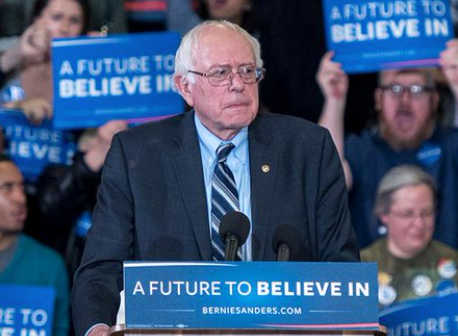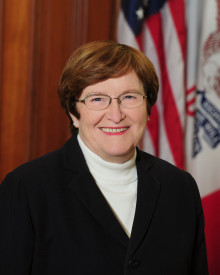The multimillion-dollar cost of excluding Planned Parenthood as a provider in Iowa’s new family planning program will come directly out of the health and human services budget, Iowa Senate Appropriations Committee Chair Charles Schneider has confirmed to Bleeding Heartland. Republican lawmakers and Governor Terry Branstad have committed to creating a fully state-run program because federal rules do not allow states to disqualify Planned Parenthood from the Medicaid Family Planning Waiver. Under that waiver, federal funds have covered 90 percent of the Iowa Family Planning Network’s costs for many years.
In contrast, the state will be on the hook for every dollar spent on the new family planning services program. According to a fiscal note prepared by non-partisan legislative staff, that program is estimated to “increase General Fund expenditures by $2.1 million in FY 2018 and $3.1 million when implemented for a full year in FY 2019.”
The governor proposed using part of Iowa’s federal Social Services Block Grant funding to cover that cost, which is consistent with spending bills House Republicans approved during the 2015 and 2016 legislative sessions.
Instead, “a general fund appropriation in the health and human services budget” will pay for the new family planning program, Schneider said during an interview following the April 8 legislative forum in Waukee. After reviewing the proposal from the governor’s office, he explained, he chose to file “our own [bill] that didn’t take the money from the Social Services Block Grant.”
It’s understandable that Republican appropriators rejected Branstad’s idea. As Bleeding Heartland discussed here, the Social Services Block Grant is not a reliable funding stream. The U.S. House Ways and Means Committee leader has called for eliminating the grant, and House Republicans voted to do so last year.
But Republican plans to give up millions of federal family planning dollars look even more foolish now than they did a few months ago, when one considers Iowa’s worsening state revenue picture and the huge spending cuts already inflicted on human services.





